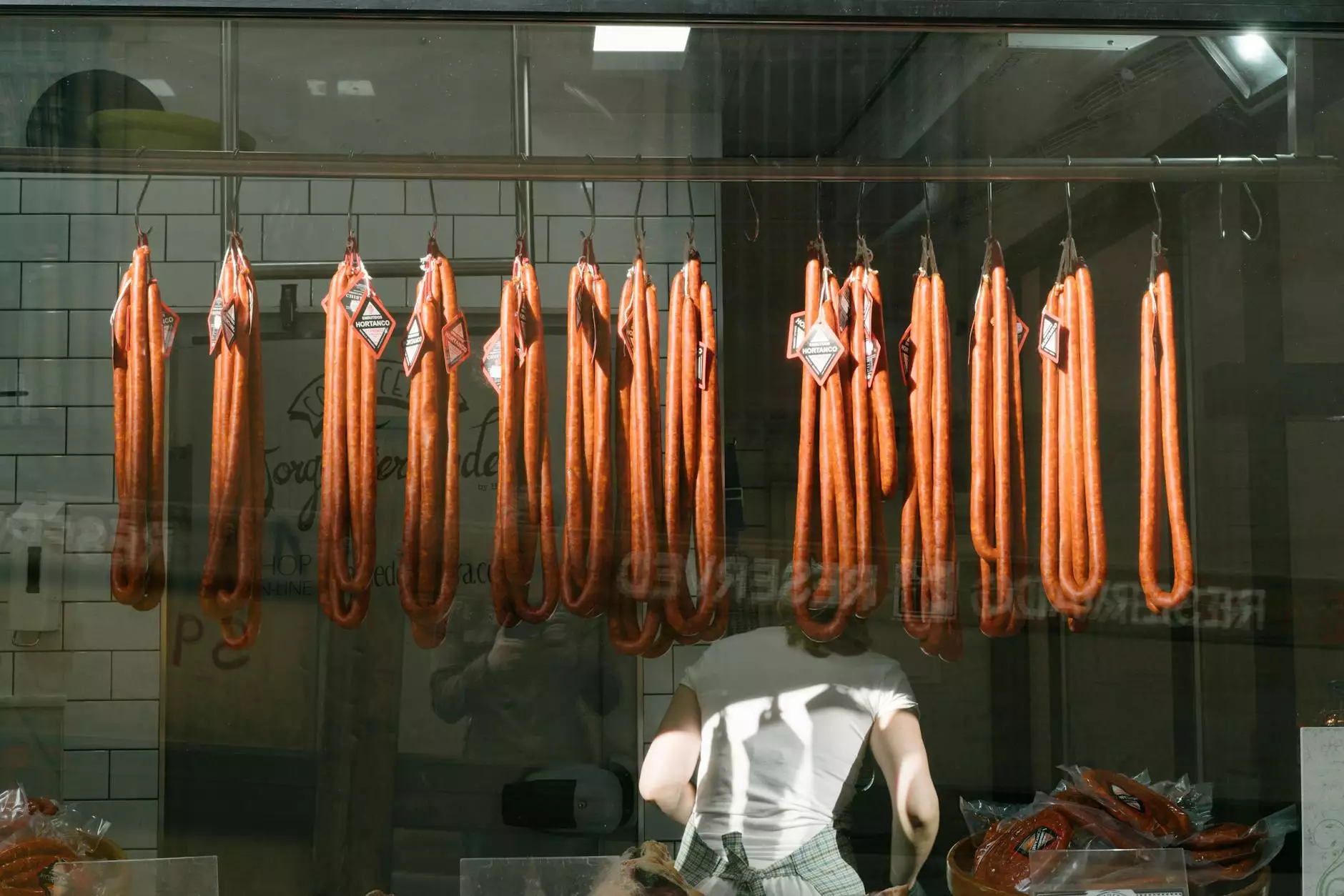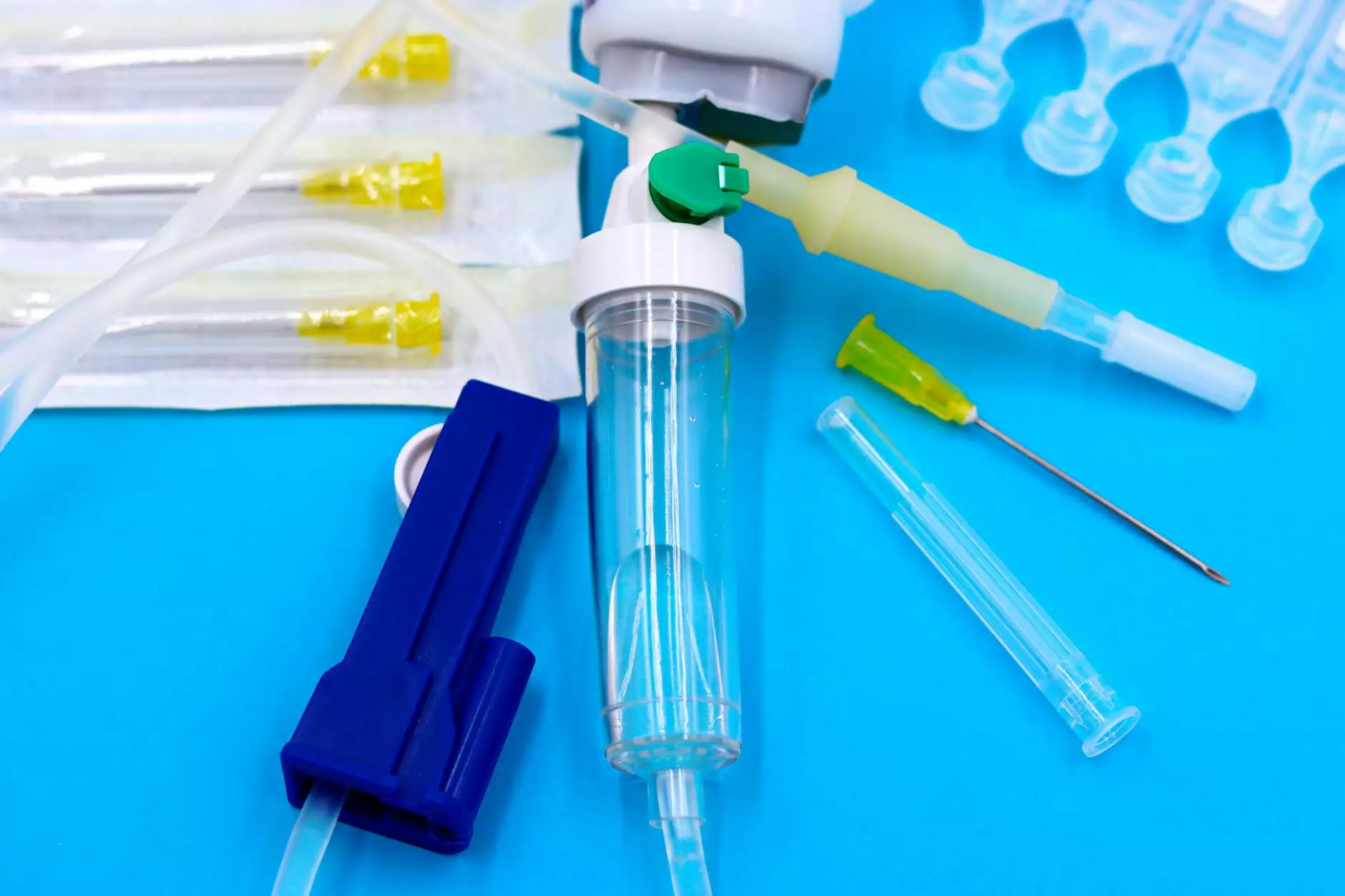Fresh Meat Wholesale: The Backbone of Modern Food Supply

In the dynamic world of food distribution, the fresh meat wholesale sector stands out as a crucial component that satisfies consumer demand and supports restaurant and retail operations. As we delve deeper into this topic, it becomes clear that quality sourcing, efficient logistics, and compliance with health regulations are paramount. Let’s explore the multifaceted aspects of the fresh meat wholesale business and why Frimsa, accessible at frimsa-ar.com, is your best choice for imported food and meat products.
The Importance of Fresh Meat Wholesale
The fresh meat wholesale industry plays an essential role in ensuring the availability of high-quality meat products to various end-users, including restaurants, grocery stores, and direct consumers. Here are several key points that underline its significance:
- Supply Chain Efficiency: Wholesale distributors are crucial in bridging the gap between meat producers and market retailers.
- Quality Control: They often ensure that the meat products adhere to safety standards and maintain freshness throughout the supply chain.
- Price Competitiveness: By buying in bulk, wholesalers can offer competitive pricing, benefiting both retailers and consumers.
- Diverse Product Range: A broad selection of meats, including exotic and specialty cuts, can cater to various culinary needs.
Sourcing Quality Meat: The First Step in Fresh Meat Wholesale
Securing top-notch meat products is vital for wholesale operations. Here are critical aspects to consider when sourcing fresh meat:
1. Supplier Relationships
Building strong relationships with trusted suppliers ensures that you have consistent access to premium meats. Look for suppliers with good reputations for adhering to safety and quality standards.
2. Farm-to-Table Practices
In today’s market, consumers are increasingly interested in transparency. Establishing partnerships with local farms not only supports the community but also provides a fresh product that resonates with consumers' desires for quality.
3. Certifications and Standards
Make sure your suppliers comply with industry regulations, such as the USDA or FDA guidelines. Verified certifications can serve as reassurance to your buyers about the meat’s quality and safety.
Logistics and Distribution in Fresh Meat Wholesale
Once quality meat is sourced, the next challenge is distribution. Efficient logistics systems are crucial for maintaining the integrity of fresh meat. Let’s explore the logistics aspect:
1. Cold Chain Management
Maintaining an appropriate temperature during transportation is critical to prevent spoilage. Implementing a reliable cold chain logistics plan protects the meat's quality from supplier to retail.
2. Regional Warehousing
Strategically located warehouses can significantly reduce delivery times and costs. This also allows for more localized distribution, catering to specific market needs.
3. Technology Integration
Using technology such as GPS tracking and inventory management systems can enhance operational efficiency and ensure that the meat remains fresh upon arrival.
Health Regulations and Compliance
In the wholesale meat industry, compliance with health and safety regulations is non-negotiable. Here are some guidelines:
1. Hygiene Standards
Both suppliers and distributors must adhere to strict hygiene protocols to prevent contamination. Regular training for all employees in hygiene and safety can be beneficial.
2. Traceability Systems
Implementing traceability systems ensures that any product recalls are swift and effective. Consumers appreciate knowing where their food comes from.
Market Trends in Fresh Meat Wholesale
Understanding the latest market trends is vital for wholesalers to stay competitive. Let’s examine some current trends:
1. Rise in Plant-Based Alternatives
As consumers become more health-conscious and environmentally aware, the demand for meat alternatives has grown. Wholesalers may need to adapt by offering these alternatives alongside traditional meat products.
2. Sustainability Practices
There’s an increasing emphasis on sustainable farming and ethical sourcing. More businesses are incorporating sustainability into their operations, appealing to eco-conscious consumers.
3. E-commerce Expansion
The rise of e-commerce is reshaping how meat is sold and distributed. Wholesalers can expand their reach through online marketplaces, enhancing customer accessibility and convenience.
Building a Strong Brand in Fresh Meat Wholesale
To stand out in the competitive fresh meat wholesale industry, branding plays a pivotal role. Here are ways to develop a strong brand image:
1. Quality Assurance
Focus on consistently providing high-quality products. Customer satisfaction leads to repeat purchases and positive word-of-mouth recommendations.
2. Effective Marketing Strategies
Utilizing online marketing, social media, and direct email campaigns can effectively engage customers and enhance brand visibility.
3. Customer Engagement
Building strong relationships with customers through feedback, loyalty programs, and excellent customer service can nurture long-term business partnerships.
Conclusion: The Future of Fresh Meat Wholesale
The future of the fresh meat wholesale industry appears bright as demand continues to grow. With innovation, quality, and sustainability at the forefront, businesses like Frimsa are well-positioned to thrive. By prioritizing ethics, quality, and customer satisfaction, wholesalers can build lasting relationships with clients and continue to succeed in this essential sector.
As you explore your options for fresh meat wholesale, consider the values and offerings that Frimsa brings to the table. From our commitment to quality to our comprehensive selection of imported food products, we are dedicated to meeting the diverse needs of our customers. For more information on our offerings, visit frimsa-ar.com today!









